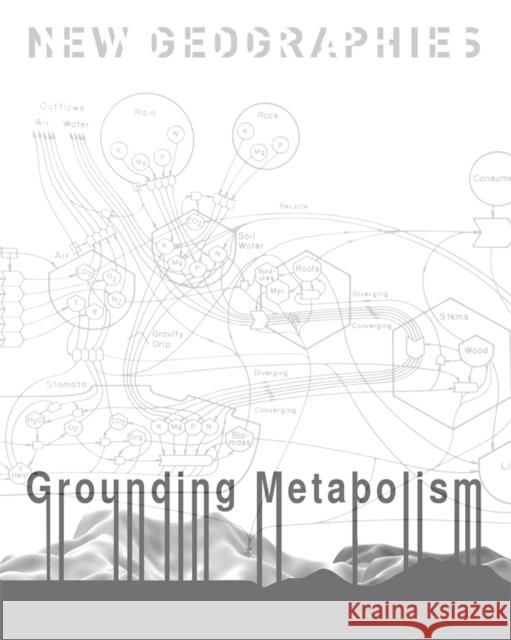New Geographies: Grounding Metabolism » książka
New Geographies: Grounding Metabolism
ISBN-13: 9781934510377 / Angielski / Miękka / 2014 / 192 str.
The design disciplines have always recognized the potential within a critical understanding of urban metabolism to shape spatial strategies, from Patrick Geddes's Valley Section to the megastructures of the Japanese Metabolists. Historically confined to the regional scale, today's generalized urbanization is characterized by an unprecedented complexity and planetary upscaling of metabolic relations.Most contemporary discussions of metabolism have failed to integrate formal, spatial, and material attributes. Technoscientific approaches have been limited to a performative interpretation of flows, while more theoretical attempts to interrogate the sociopolitical embeddedness of metabolic processes have largely ignored their formal spatial registration. Within this context, the design disciplines--fascinated by the fluidity of metabolic processes--have privileged notions of elasticity without regard for the often sclerotic quality of landscapes and infrastructures.New Geographies, 6 aims to trace alternative, synthetic routes to design through a more elaborate understanding of the relation between metabolic models and concepts and the formal, physical, and material specificities of spatial structures across scales. This task will require addressing the planetary dimension of contemporary metabolic processes and critically examining the long lineage of discussions and approaches on metabolism.











